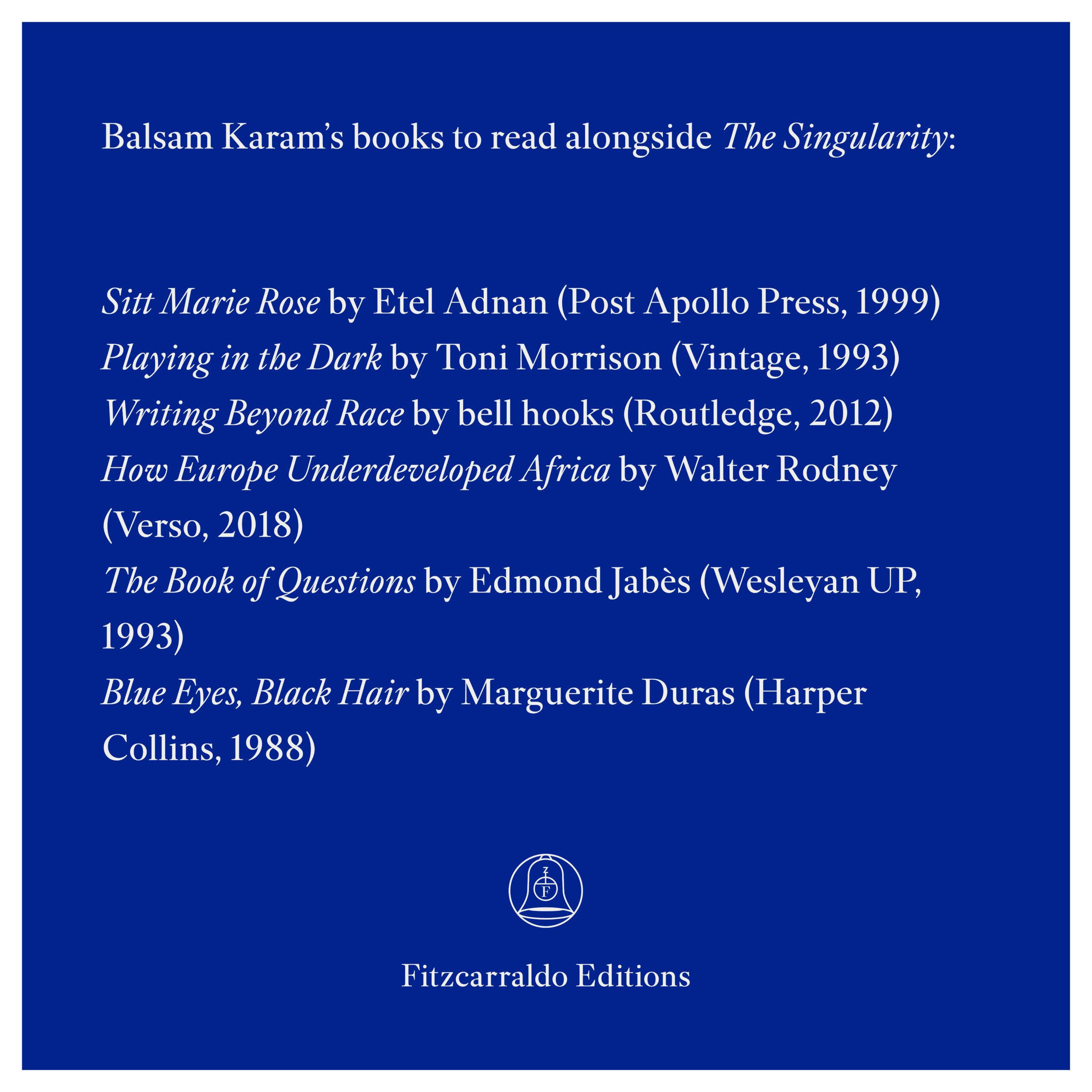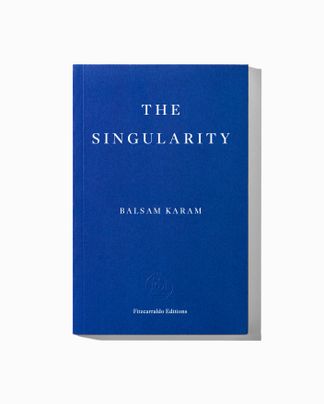Sitt Marie Rose by Etel Adnan (Post Apollo Press, 1999)
Some books and authors never cease to bewilder you. I return to this amazing book whenever I wonder whether it’s possible to write about horrors of war, hatred and the brutal legacy of colonialism. But I also return to it to know more about love and resilience, and the importance of literature.
Playing in the Dark by Toni Morrison (Vintage, 1993)
No book or author has been as important to me as the great Toni Morrison. I came across Playing in the Dark in my mid-twenties and ever since it’s been like a compass. It keeps me rooted and on the right track.
Writing Beyond Race by bell hooks (Routledge, 2012)
Another compass of mine are the works of the one and only bell hooks. It’s hard to put into words the importance her book Writing Beyond Race has had on how I position myself as an author. To do that, I believe I must write a book myself. Soon enough!
How Europe Underdeveloped Africa by Walter Rodney (Verso, 2018)
An absolutely essential book on how the division of the world as we know it came to be. It offers context and history, as well as answers to the possibility – and necessity – of making a shift to balance.
The Book of Questions by Edmond Jabès (Wesleyan UP, 1993)
Even though I love writing prose, I mostly tend to read poetry (true story). The Book of Questions is perhaps the most intriguing and devastating book of poetry I’ve read. I return to it whenever I doubt the power and beauty of words, but also to remind myself that books can be wild, fragmented and absolutely true to themselves.
Blue Eyes, Black Hair by Marguerite Duras (Harper Collins, 1988)
To read Marguerite Duras is to have the intensity of poetry with the density of prose. On top of that, one has love affairs, a lot of drinking and a piercing political framework. I truly love all Duras’ works and Blue Eyes, Black Hair is an amazing, queer novel on love, loss and desire. And of course a bit of drinking.


